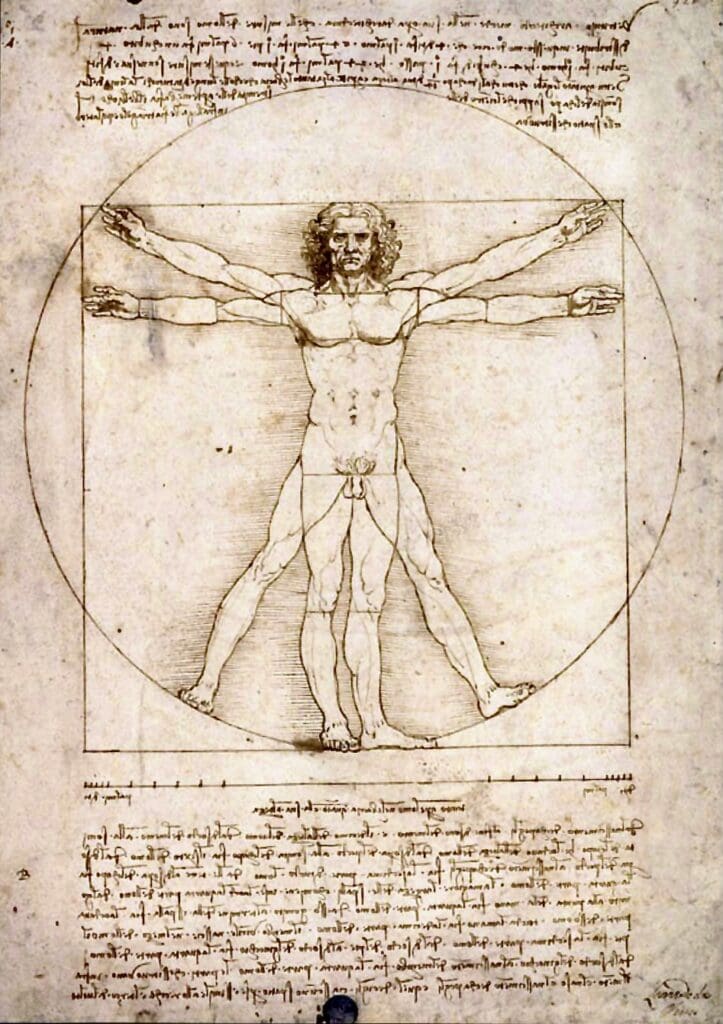In spite of all the fuss over “education” and the enormous amounts of money spent on it in America, as students are returning to school this week, how much real learning goes on these days? My parents had only public high-school diplomas, long before the Federal government got into the business of promoting “education.” But between the local classrooms and instruction in the parish, they read and wrote well, did math properly, understood the American system of government, the Church’s prerogatives, and the truths necessary for salvation.
How often does that happen today?
The U.S. Constitution sought to form “a more perfect union” (the merely “perfect” isn’t enough for Americans). Part of that perfection involved reducing the chances of tyranny and misgovernment by limiting the Federal reach to certain “enumerated powers.” Education, a sensitive activity in a pluralistic society, wasn’t among those powers. It was, predictably, the beginning of a steeper educational decline than was already evident when, in 1980, Jimmy Carter created the Department of Education, an unconstitutional agency.
The DOE website today invites you to “Find educational resources for parents, students, and families from birth through high school.” Given the politicized and ideologized nature of schools in recent years, we should be very wary of these “educational resources.”
America spends well over a trillion dollars every year on education, compared with around $750 billion on defense. We haven’t managed to win wars lately, so there’s good reason to question the defense budget. We didn’t do too well in the war on poverty either. And though the monies spent on schooling are, perhaps deliberately, hard to trace, who these days would conclude that the enormous sums at the Federal level alone (over $200 billion) have been well spent and producing desirable outcomes?
Only 37.6 percent of Washington D.C. students, for example, read “at grade level” – what is called “grade level” being already a fairly modest goal, to be sure. But The Washington Post recently touted this as an encouraging sign, also reporting that “More than 26 percent of [D.C.]students performed on grade level in math, the highest proficiency rate recorded since students returned to classrooms in 2021, but still lower than pre-pandemic performance.” (Pre-pandemic was a whopping 30 percent for math and 37.5 percent for reading in the capital city of the greatest, most powerful nation on earth.)
Pundits are currently agitated over the president sending the National Guard into Washington to control crime. But what about the crimes being perpetrated in the city school system, which is leaving basically two-thirds of young people unprepared for the simplest adult responsibilities?

And this although D.C. spends about $29,000 annually per student, roughly the tuition of a semester at Harvard. Meanwhile, we’re regularly told that schools need more money. But the problem is not money. Almost half of the children in D.C. are born out of wedlock (77 percent among D.C. blacks, 55 percent for Hispanics). “Chronic” truancy, not surprisingly, is over 30 percent. And D.C. is hardly unique. Among the many problems affecting young people today, spending on schools isn’t the main problem. The crisis of marriage and family, a direct consequence of the sexual revolution, very much is.
The Church, as it has for centuries, could help here.
In the Catholic perspective, the family is the primary cell of society, not the individual. Schools and other institutions are supposed to be a help to parents. When we talk about the Catholic social principle of “subsidiarity,” we usually are thinking of the distribution of political powers. Long before we get to those arrangements, however:
As those first responsible for the education of their children, parents have the right to choose a school for them which corresponds to their own convictions. This right is fundamental. As far as possible parents have the duty of choosing schools that will best help them in their task as Christian educators. Public authorities have the duty of guaranteeing this parental right and of ensuring the concrete conditions for its exercise. (CCC 2229)
This points towards school choice, but even more fundamentally to the need for schools that at least don’t thwart parents, where students learn the basics they’ll need in life. Public schools in many American cities are often incapable of providing even those minimums now. They claim to welcome all without partisanship, but their neutrality is clearly not neutral. We’ve even seen the absurdity of Federal bodies designating parents who resist LGBT indoctrination or trans militancy as “domestic terrorists.”
Meanwhile, large swaths of our young people today say they are searching for meaning, despite living in the wealthiest, freest (most open, diverse, multicultural, non-binary, and all the rest – and let’s also say most confused) nation in human history. We’re still producing students competent in STEM subjects. And that’s all to the good in a world where technologies protect us from various evils and evildoers.
But even the pagan moralists could have instructed us that no amount of material welfare or social reform can produce true happiness. They – along with the great Jewish sages and Christian saints – might have warned us that “In his riches, man lacks wisdom: he is like the beasts that are destroyed.” (Psalm 49:20)
There’s reason for hope in that the very decay of public education and social life generally has spurred Catholic schools to be more rigorous – and Catholic. The classical education movement, growing everywhere, is at the forefront of recovering the humanist disciplines that transmit to the young what our civilization believes education is for, in this world and the next. But to transmit civilizational values you have to believe that your civilization, flawed like all human things, is worth transmitting.
People in the West are facing challenges from many outside forces, but even more urgently from within. Whether we win that internal battle to defend our deepest beliefs and practices will be what really determines whether we will educate children again or merely subject them to years of “schooling.”










